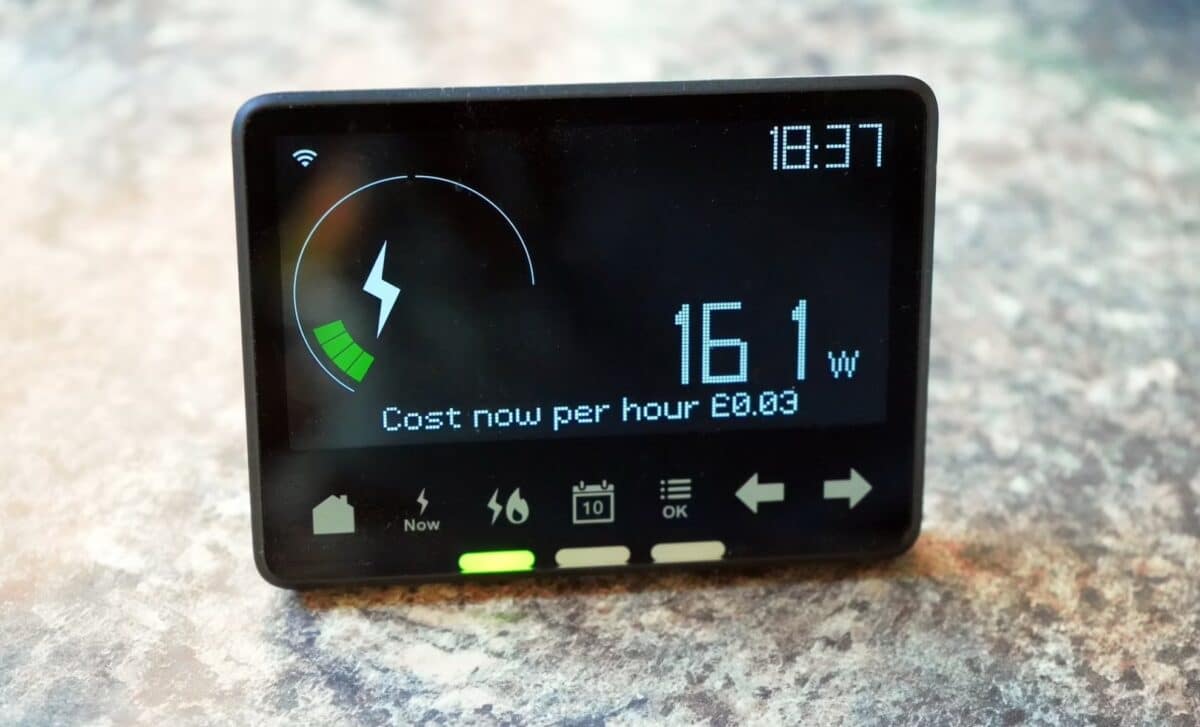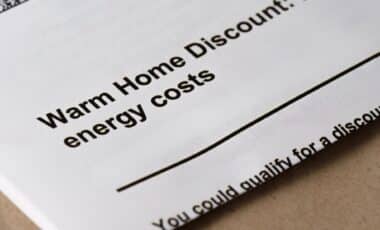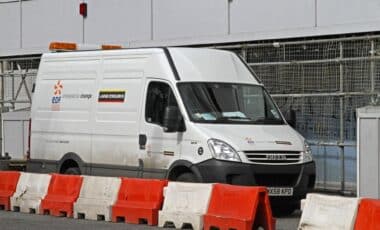With gas and electricity prices continuing to stretch household budgets, families are encouraged to embrace tools like smart meters to monitor and manage energy use more effectively. Beyond financial benefits, these devices also alleviate tensions by providing transparent usage data, helping households adapt to an increasingly challenging economic climate.
Smart Meters Help Prevent Energy-Related Arguments
Recent findings by Uswitch.com, a price comparison platform, reveal that households equipped with smart meters experience fewer disputes related to usage. Among British Gas, OVO, EDF, EON, and Octopus customers surveyed, 9% reported arguing “much less” thanks to real-time monitoring. In a nation where disagreements about thermostat settings result in nearly nine billion arguments annually, such tools are proving invaluable.
One participant, Katharine Hazard from Derbyshire, shared her experience: “In the past two years I have really noticed our energy bills go up. My husband used to not be as clued up on how much energy things use. I used to catch him trying to turn up the heating without me noticing, which caused some squabbling.
“But now we know how much it costs, we’re all trying to be more aware. Our kids have grown up with good energy-saving habits like turning off lights when they leave a room. Everyone in my house knows to put a jumper on and ask permission before turning the heating on.” she added.
Smart meters provide detailed insights into daily, weekly, and monthly energy usage, helping households understand the direct financial impact of their behaviours. By removing guesswork, these devices allow families to adopt sustainable practices without compromising comfort.
Real-Time Data Promotes Energy-Saving Habits
Energy experts emphasise the importance of using real-time data to cultivate better energy management habits. Elise Melville of Uswitch.com explained: “Being more economical when it comes to showers, baths and use of white goods, such as tumble dryers and dishwashers, is one of the best ways to cut costs. You can’t always tell if changing your habits is making a difference until you see your bill – unless you track your usage.”
By connecting their smart meters to apps like Uswitch, households can access hourly usage graphs, compare consumption trends, and identify high-usage patterns. This transparency empowers users to make informed decisions and adapt their habits to mitigate the impact of rising energy prices.
Additionally, smart meters contribute to a greener landscape by supporting the integration of renewable sources. By tracking demand patterns, providers can optimise supply and reduce waste, benefiting both consumers and the environment.
Embracing smart meters is more than a cost-saving measure; it’s a step towards greater accountability, sustainability, and household harmony. As energy prices continue to dominate headlines, adopting these tools offers a practical solution to ongoing financial and domestic challenges.










I have a smart meter for electricity but not gas. Apparently my gas meter is too far away from my electricity meter for them to pair. I live in a 3-bed semi so not exactly a big house. All very well pushing people to smart meters but things like this do need be taken into consideration as well. It is not as simple as just getting a smart meter for both fuels if you already have it for one.